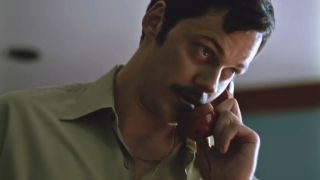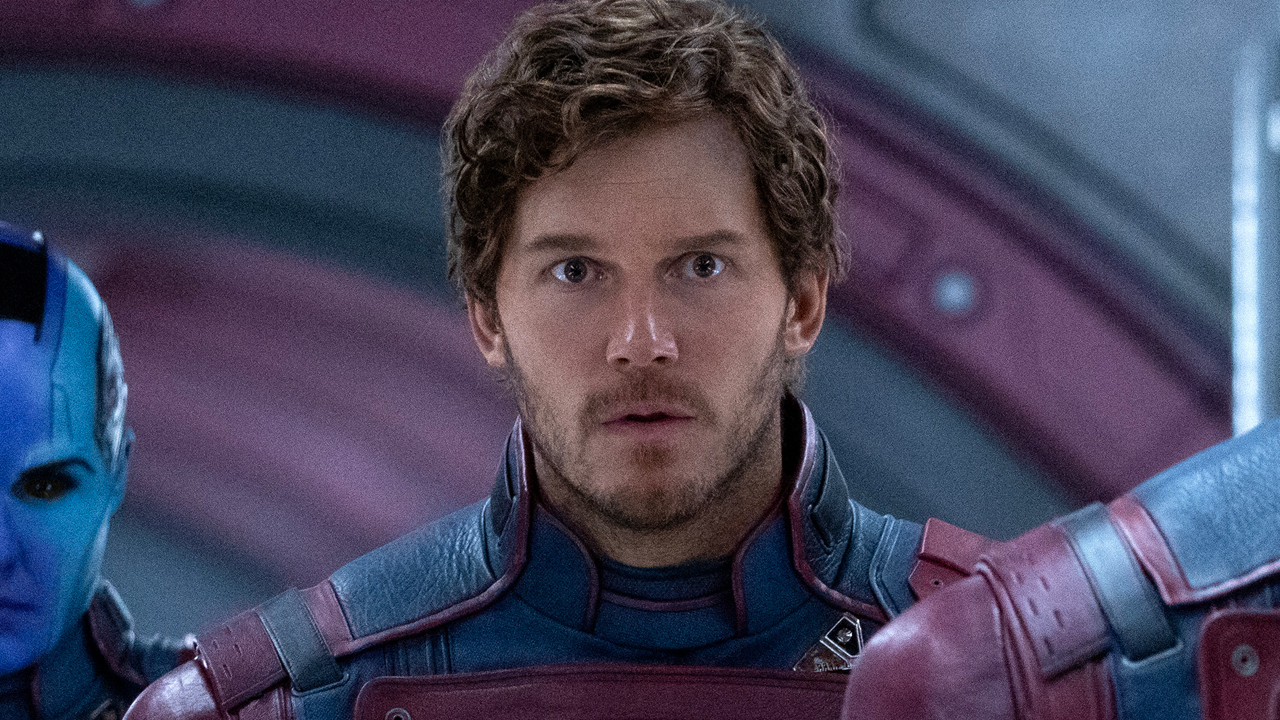Interviews
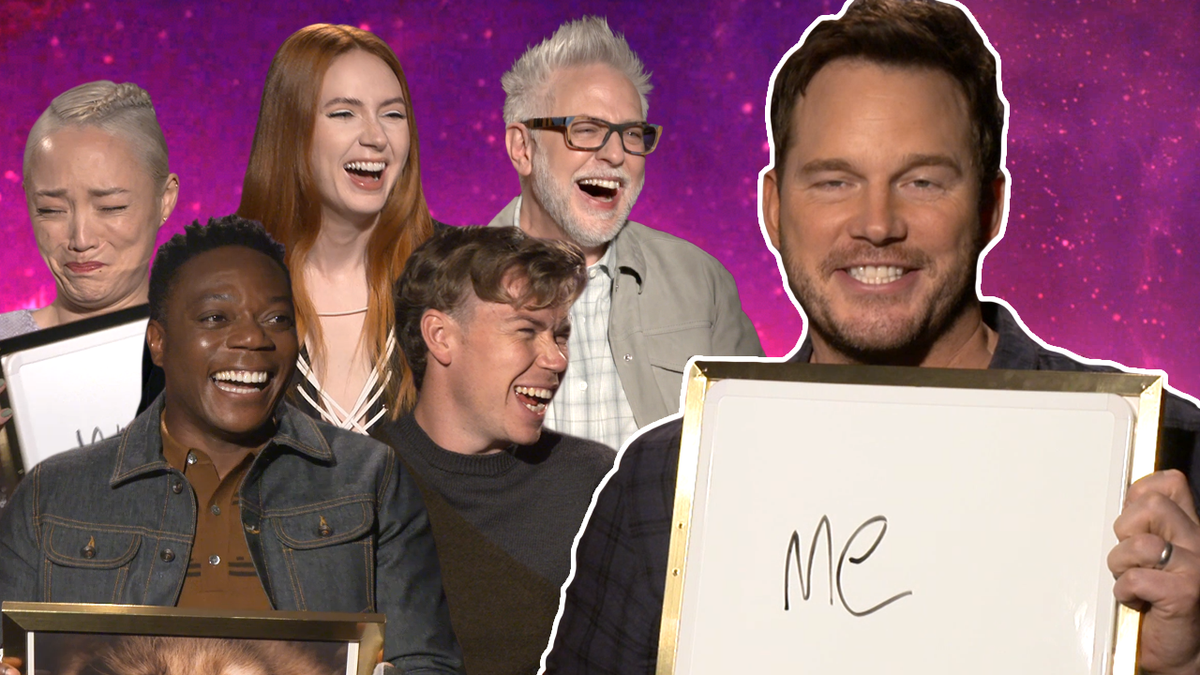
CinemaBlend frequently sits down with the talent who are responsible for the movies, television shows, streaming features, and pop-culture moments that you want to be reading more about. From Tom Hanks to the cast of Avatar, from the latest contestant on The Masked Singer to the cast of Yellowstone, CinemaBlend ample time for exclusive conversations with Hollywood's biggest stars.
And CinemaBlend prides itself on asking talent the questions that they aren't hearing from every other outlet, leading to passionate answers that are meant to educate and entertain you, our readers. If they are important in Hollywood, they are speaking with CinemaBlend.
Latest about Interviews
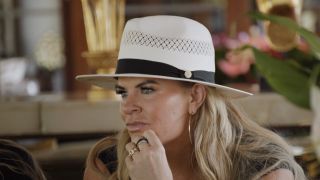
'I Think I've Got My Sea Legs': Heather Gay Reflects On Ultimate Girls Trip And How She'd Do Things Differently
By Corey Chichizola published
Exclusives Bring the RHOSLC star back!

The Pitt’s Cinematographer Told Me The Messiest Thing About Filming The Show (And It Isn’t Blood)
By Riley Utley published
Exclusives "It's not just blood."
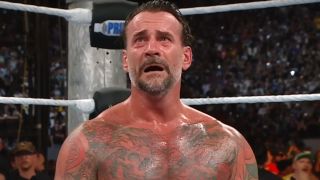
WWE's CM Punk Explains How He's Approaching His Acting Career After Night Patrol
By Mick Joest published
Exclusives This was a shock to hear!
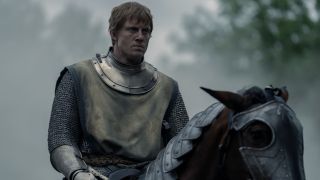
Knight Of The Seven Kingdoms Star Talks About George R.R. Martin's Involvement In The Game Of Thrones Spinoff
By Laura Hurley published
Exclusives The author is on board with the adventures of Dunk and Egg as the next Game of Thrones spinoff.

Paul Giamatti's Dream Of Playing A Star Trek Klingon Finally Came True, And He's Got A Take On The Prosthetics
By Mick Joest published
He got his wish, I think?
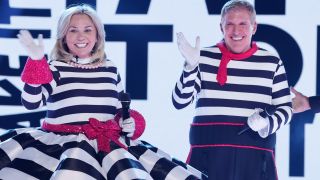
Todd And Julie Chrisley Got Real About The Masked Singer Referencing Their Prison Time: ‘We’re Not Running From That’
By Mick Joest published
Exclusives They're not afraid.
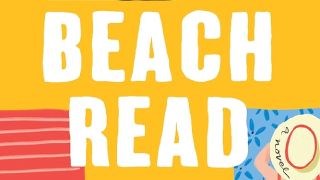
Beach Read’s Director Is Aware Of The Fancasting, And Told Me Why She Had Her Assistant Make A PowerPoint About It
By Riley Utley published
Let's talk about the fans' dreams for January and Gus.
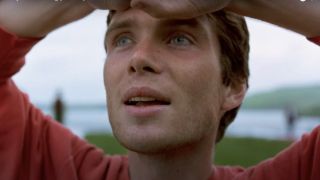
Bringing Cillian Murphy Back To 28 Days Later Was Great, But One Moment Stood Out Most
By Corey Chichizola published
exclusives Mind blown.
Your Daily Blend of Entertainment News
